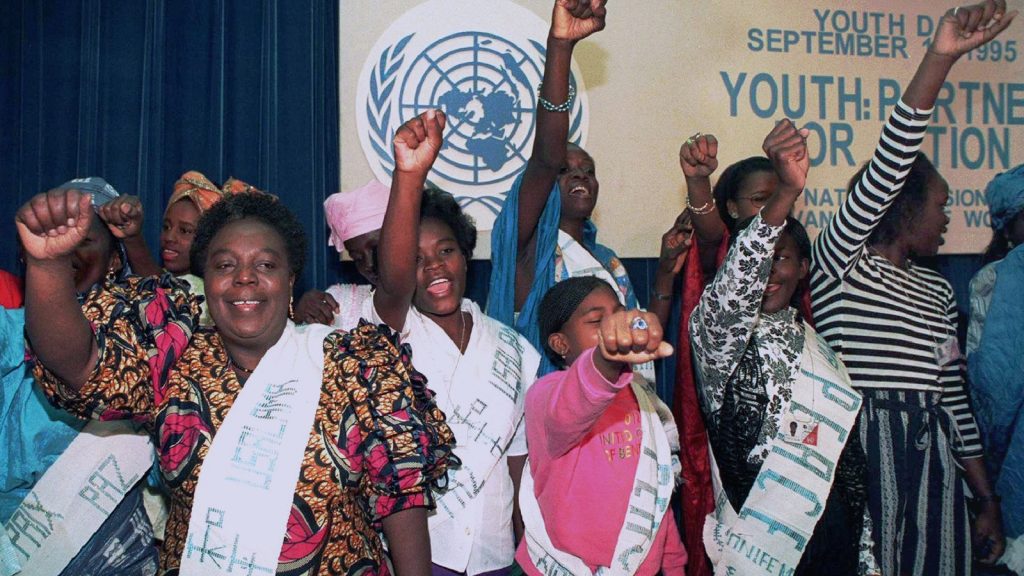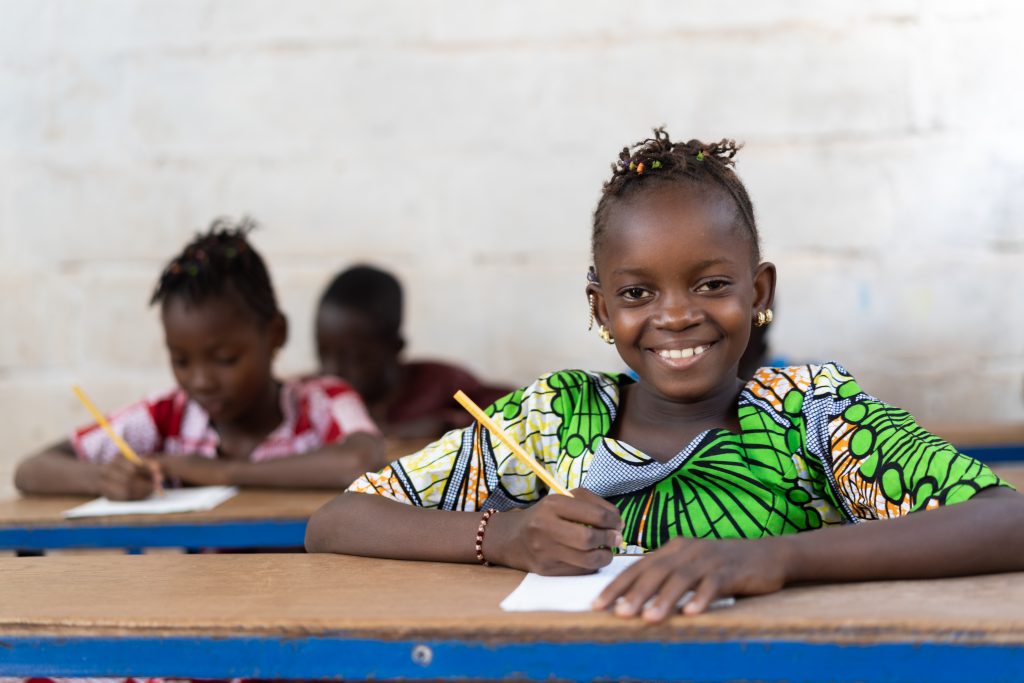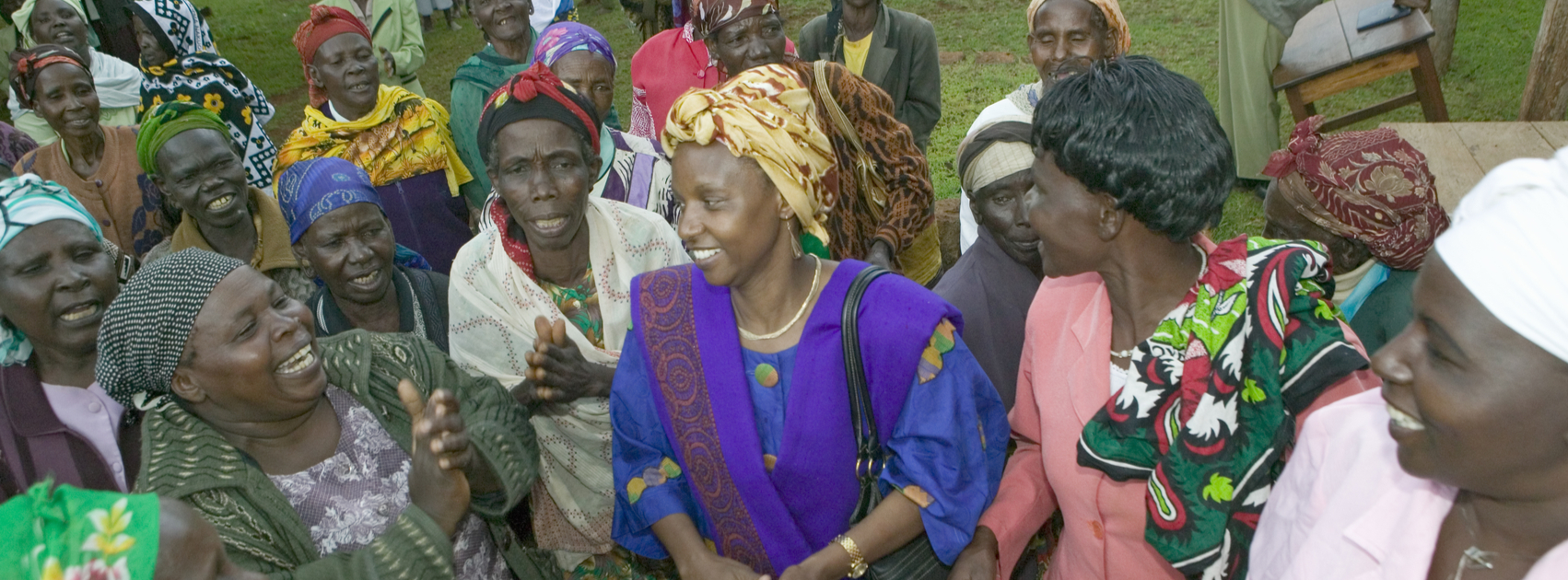As the world continues to struggle to ensure equal representation, participation and active involvement of women in politics, social and economic activities, the many laws and policies at the international, national, regional or local levels are yet to reflect the change we want. While many may attribute this to the lack of commitment and political will from governments, how society raise girls continues to be a major factor due to the discriminatory societal construction of gender roles and identities that deliberately marginalize girls.
25 years after the Beijing Platform for Action (BPfA), years after the Convention on the Elimination of all forms of Discrimination Against Women (CEDAW), the Millennium Development goals and the new Sustainable Development Goals (SDGs) should have done the magic of helping us achieve equality in all facets of life. We must know that, while many will agree publicly to women’s leadership, their mindset about who a woman is growing up defeats their commitment.
According to a publication in the New York Times, “Women have different reasons for running, are more reluctant to do so and, because there are so few of them in politics, are acutely aware of the scrutiny they draw — all of which seems to lead to differences in the way they handle their jobs once elected”. Equal participation of women matters because women’s political participation and leadership are necessary for democracy to function most effectively.

We should note as a society that, the closer a government’s composition represents all categories of people within a society, the more its policies will be representative and responsive. Even though female phttps://www.cfr.org/blog/lets-make-womens-power-culturally-acceptableoliticians may not necessarily always bring up the issues of women for discussions, male politicians are no better in that regard. This is because, for most male politicians, their upbringing and orientation excludes girls from the discussions, from the table and from speaking in public spaces. It is equally important to know that even non-feminist women are more likely to work on policies and legislation that affect women than non-feminists men.
Break the bread for girls
To demystify the myths and stereotypes around the notion that politics is a man’s game, we have an obligation to raise girls right and by so doing I mean doing these things:
- Right to sit and speak – we can only help girls find and use their voices when they are trained to use them as children. Most African cultures and traditions dismiss anything that allows girls to sit in or speak during nuclear family meetings, or deny them recognition to join the conversation like their brothers. Girls only do the unpaid care work of serving water or food, preparing the meeting venue and clearing the tables. These are further entrenched in most African movies and music videos.
- Right to choose – in most African homes generally, children never have the right to choose. Society expects children to accept anything offered them without hesitation. For girls, it is worse because the system expects them to exhibit traits of humility and submissiveness. To build their confidence and to become assertive, girls need to make their choices when there are options without any fear or intimidation.
- Leadership has no sex – we need to teach girls that leadership is genderless. This is because it demystifies the notion that girls do not speak or sit in meetings with men. It is important because “Women’s political participation results in tangible gains for democracy, including greater responsiveness to citizen needs, increased cooperation across party and ethnic lines, and a more sustainable future”.
- Believing and supporting – as parents or guardians, believing and supporting girls when they report cases of abuse or assault or injustices against them helps in shunning the culture of silencing kids.

Now what?
Raising girls right in society paves the way for them to freely live their lives with a “sense of self-worth, respect and dignity”, to own and control their lives and bodies. It can guarantee them equal rights and opportunities at work and in education as well as bestowing economic, social and political rights. While the perceived risks might be many in raising girls right, the gains in their ability to make their own informed choices and decisions coupled with the feeling of being in safe spaces is a positive result of the risk. Notably, raising girls right can be a gain in working to reduce levels of domestic violence.
Just raise girls to be humans!

Throughout history, the birth of several social movements and campaigns led by women show the importance of women’s role in protests, demonstrations and changing mindsets. These actions, if sustained with a deliberate training of girls to be independent will lead to expectations of a type of democracy in which women have, if not an equal voice, space and status, then at least a representation. Of course, we do not posit that raising girls to be political means having women’s political participation and leadership become factors for general peace and prosperity for women; it is a necessary tool for building democracy.
We can only have a society that accommodates women when we raise our girls as humans! We need to acknowledge as a society that empowering girls today is a process that leads to having liberated and emancipated women tomorrow.





